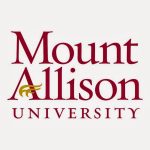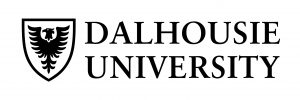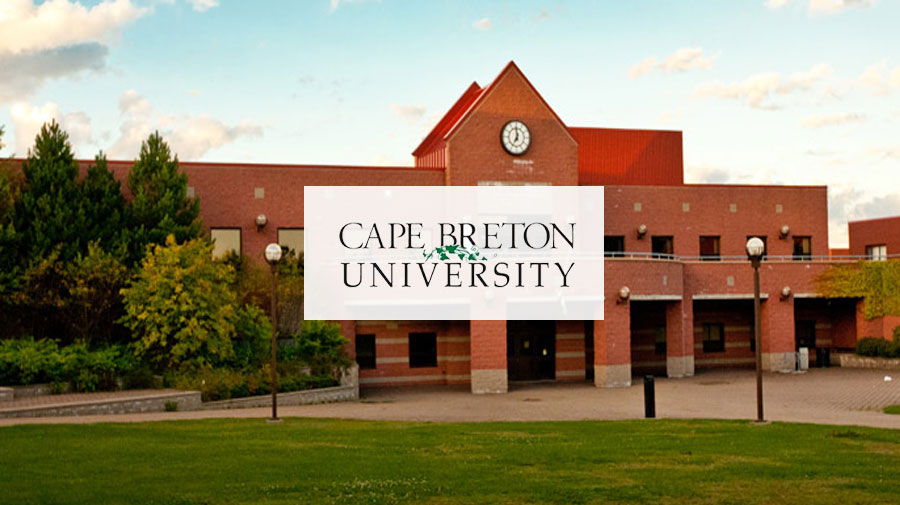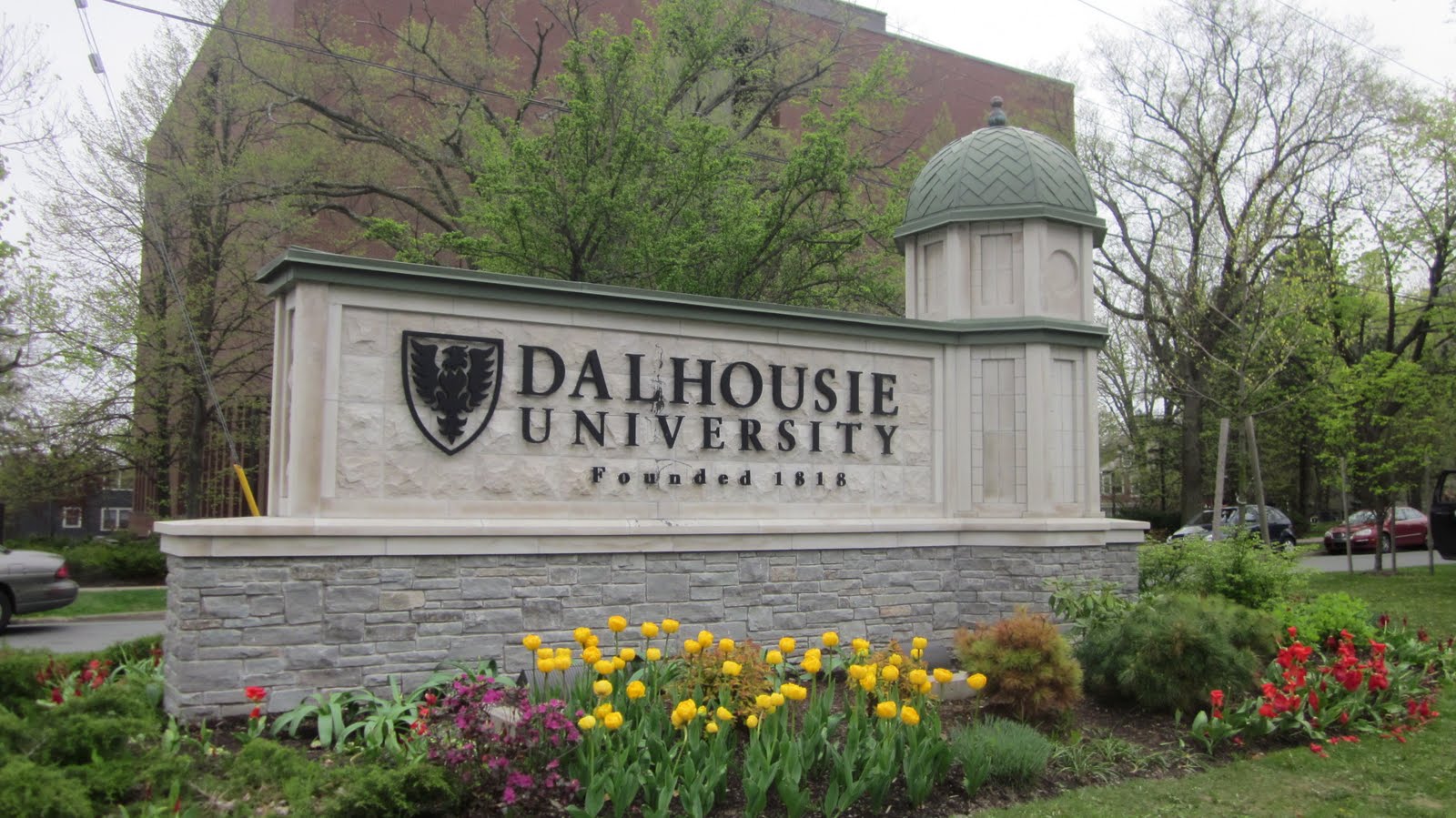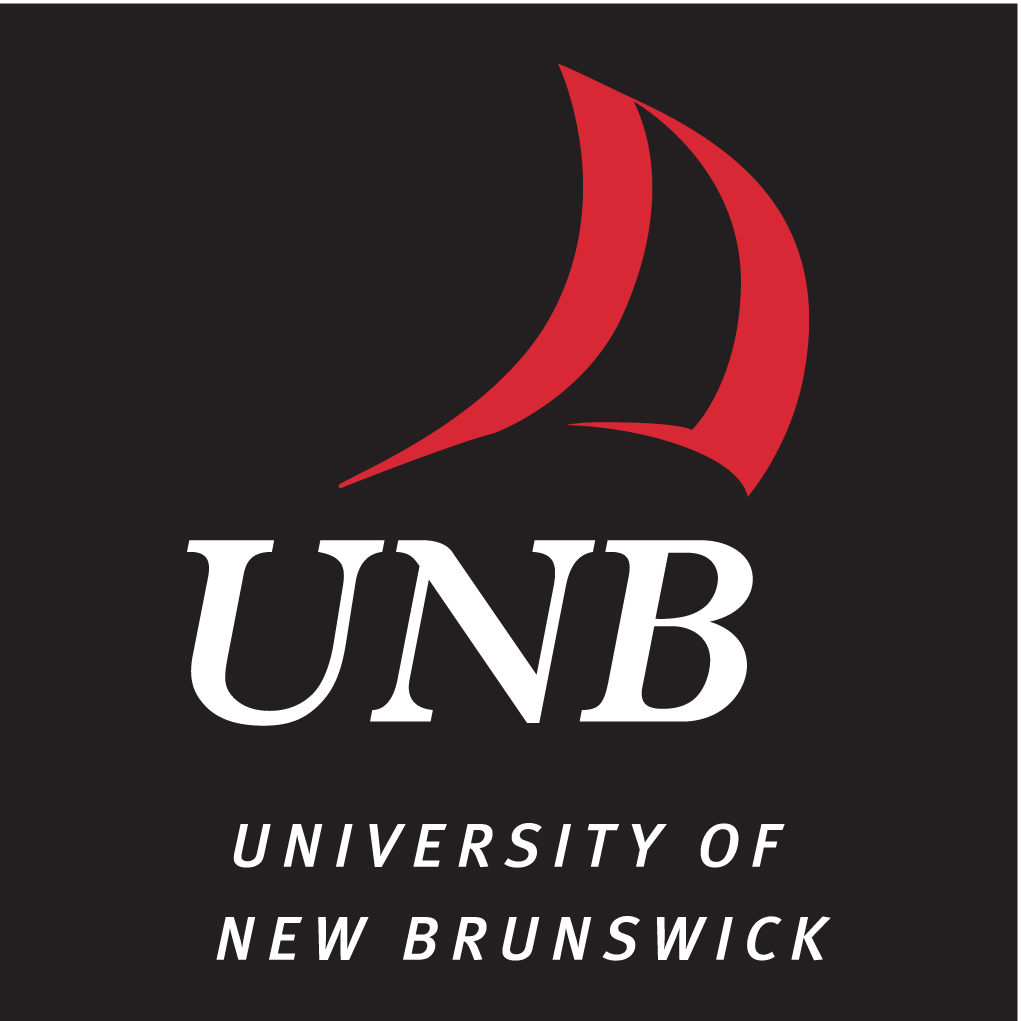Up $4,500 CAD
The scholarship will be awarded to one student per year at a value of $9,000, unless there are two equally ideal and qualified students, in which case two scholarships will be awarded at a value of $4,500 each
Who's Eligible
International Full-time student
Preference to students from The Bahamas, Jamaica and the Caribbean
Student in or entering the Bachelor of Science (Aviation) program at Mount Allison University in New Brunswick, Canada
This scholarship is in honour of the late Rob Robichaud. Robichaud was the president and CEO of the Greater Moncton Romeo LeBlanc International Airport and lost his battle with cancer in 2014.
Mount Allison’s Aviation program is offered in partnership with the Moncton Flight College. The Bachelor of Science degree program is one of only a few in Canada that allows students to earn an undergraduate degree that incorporates flight and ground school training. Students focus on subjects relevant to aviation such as geography, mathematics, and physics at Mount Allison; complete ground school training at the Moncton Flight College.
Before graduation, students complete over 200 hours of flying , hundreds of hours of ground training, and hold a Commercial Pilots Licence (CPL) with Multi-Engine and Instrument Ratings. The option to complete the integrated Airline Transport Pilot (IATP) course is also available to students. Graduates have a high level of employment immediately following their degree.
About the BSc in Aviation (from MAU’s website)
The B.Sc. (Aviation) major is for students wishing to obtain a university degree while preparing for a career in the aviation industry. It is offered in partnership with the Moncton Flight College (MFC), one of the premier flight training establishments in Canada.
The major is an interdisciplinary science program, featuring study in depth of subjects that are relevant to aviation, including geography, mathematics and physics, together with professional pilot training to an advanced level.
The program begins with first year courses taken at the Mount Allison campus in Sackville. In following years, while continuing to take courses in Sackville, students also complete an intensive flight training program at the MFC campus in Dieppe, N.B., including ground school and flying instruction.
Before graduation students complete over 200 hours of flying, hundreds of hours of ground training, and hold a Commercial Pilot Licence (CPL) with multi-engine and instrument ratings. The option to complete the integrated Airline Transport Pilot (IATP) course is also available.
In consultation with the program co-ordinator, students select their courses to provide additional depth in computer science, geography, mathematics or physics and complete a minor for the B.Sc.
Travel between campuses
From the Sackville, N.B. campus of Mount Allison to the Dieppe, NB campus of Moncton Flight College (MFC) is about 38 km, mostly along the divided and well-maintained Trans-Canada Highway. Travel time is about 25 minutes.
BSc Aviation students must provide their own transportation between campuses in years two to four, primarily to attend flight training with their individual instructor at MFC.
Ground School Classes
Most ground school instruction is provided at the Mount Allison Sackville campus. These classes are held on Tuesdays and Thursdays, from 5:30 pm to 9:00 pm, during Fall and Winter terms.
See Full Details about the scholarship, MAU Aviation program and Moncton Flight College
You May Also Like:
Mount Allison University Pilot Program: Rob Robichaud Vantage Airport Group Scholarship in Aviation for Caribbean International Students
Facebook Twitter Print Email WhatsApp Up $4,500 CAD The scholarship will be awarded to one student per year at a value of $9,000, unless there
CS2AC Episode 7: An Accountant and Future CPA Talks About His Journey from Trinidad to the University of New Brunswick on a Swimming Scholarship
CS2AC Episode 7: An Accountant and Future CPA Talks About His Journey from Trinidad to the University of New Brunswick on a Swimming Scholarship On
All Bahamas Merit Scholarship
Facebook Twitter WhatsApp Print Email Amount: Up To $35,000 / Annum Awarded by Bahamian Ministry of Education- Scholarship & Educational Loan Division Deadline: APRIL 30 (11:59
